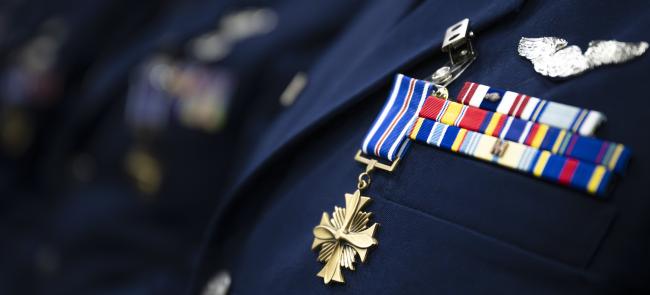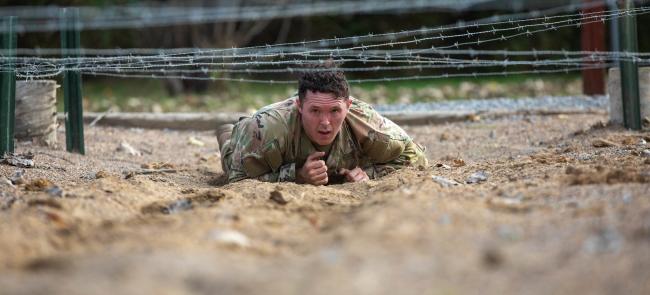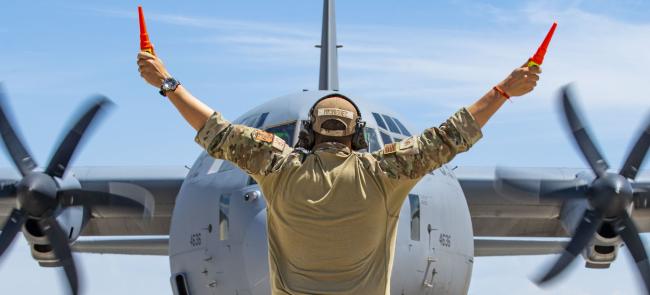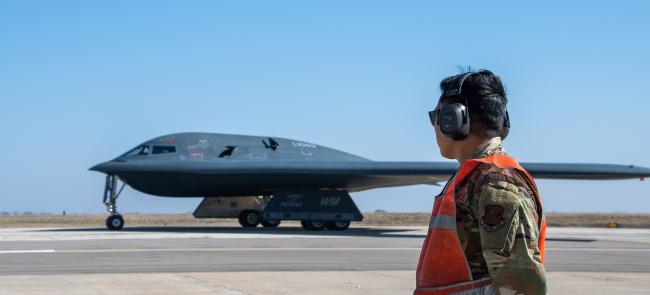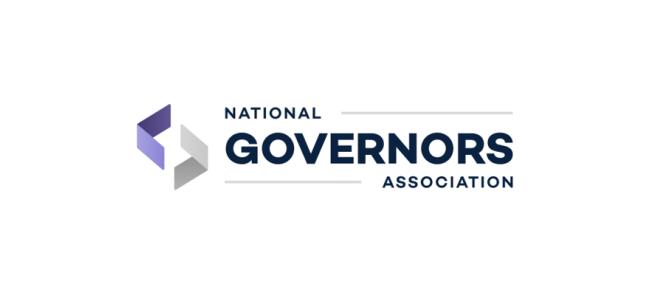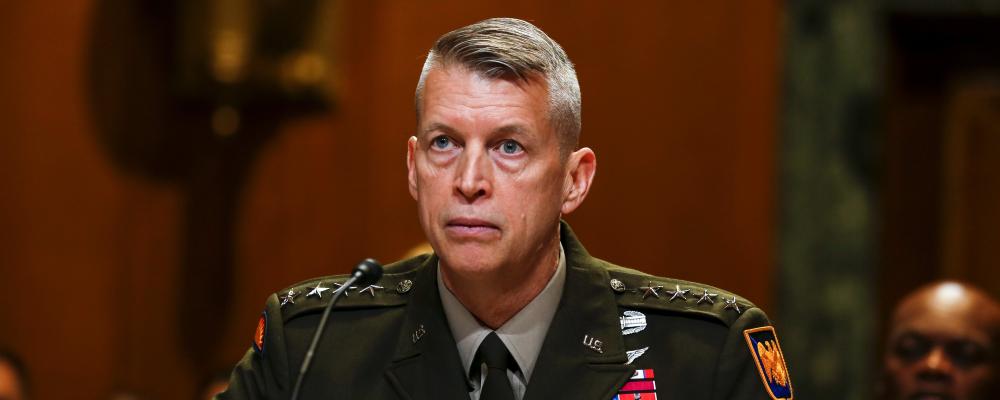
The chief of the National Guard Bureau says the nation's governors have a "big concern" about the Air Force's proposed plan for the Guard's space personnel.
Gen. Daniel R. Hokanson was asked about Legislative Proposal 480 during a hearing before the House Appropriations Committee's defense subcommittee on Tuesday.
LP 480 would transfer the Air Guard's space units to the Space Force without the consent of the governors whose states and territories would be impacted.
"Obviously, this is a new precedent," Hokanson said. "It also ignores the non-federalized role of the Air National Guard — the role that they have in their states, which is very significant from all our formations, to include our space formations as well.
"As a result, I think you're seeing a big concern coming from all the governors as well as all the state adjutants general about the potential precedent that this could set," continued Hokanson, a member of the Joint Chiefs of Staff.
LP 480 seeks Congress' permission to allow the Air Force to bypass federal laws and take away 14 Guard units across seven states without the consent of these states' respective governors.
Language requiring this consent has been in both Title 10 and Title 32 of the U.S. Code for about 120 years.
During Tuesday's hearing, Hokanson referenced a letter the National Governors Association sent to Defense Secretary Lloyd J. Austin III on Monday.
Fifty-three governors signed the letter, which expressed concern that LP 480 would "deeply damage the relationship between the states and the federal government."
The 14 units the Air Force wants transferred to the Space Force provide 30% of the U.S. military’s space operations squadrons and 60% of its electromagnetic warfare capability.
These units include approximately 1,000 Guardsmen across Alaska, California, Colorado, Florida, Hawaii, New York and Ohio.
Rep. Betty McCollum, D-Minn., said during Tuesday's hearing that LP 480 was "a fundamental change in how the Guard works."
"Congress, in my opinion, did not give all the due diligence as to how this [Space Force] was going to be organized, what it looked like in the future, including what our reserve and guard component would look like in the future," she said.
"Now is the time for Congress working with the governors to weigh in," added McCollum, who is the ranking member of the House Appropriations Committee's Subcommittee on Defense.
"One of the concerns the ranking member and I share is that once the precedent is set, the movement of Guard to the regular force, for whatever reason, that can continue," said Rep. Ken Calvert, R-Calif. "To get 48 governors to sign anything is remarkable in itself, including all the territories.
"So my recommendation to the Air Force is I think they need to work with the states on a reasonable way ahead because obviously this is not going to fly nationally," added Calvert, the chair of the House Appropriations Committee's Subcommittee on Defense.
Hokanson also discussed the importance of establishing a Space Guard to retain the Guard's space talent.
He said that about 70% of the Air Guard's space professionals have said they want to stay in the Guard and would do other jobs within the component rather than transferring to the Space Force.
"Frankly, our country can’t afford to lose that level of experience in the Space field," Hokanson argued. "Our units have been doing this for almost 30 years.
"For me, I’m trying to retain that capability in our nation because we absolutely need it,” he noted.
— By Donald Lambert

